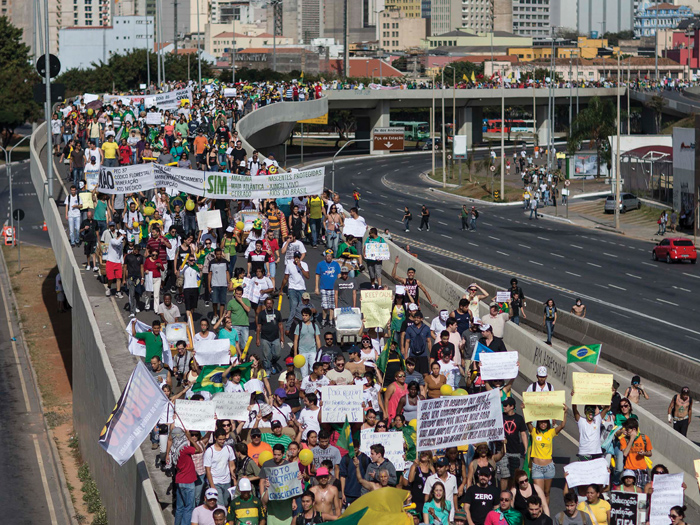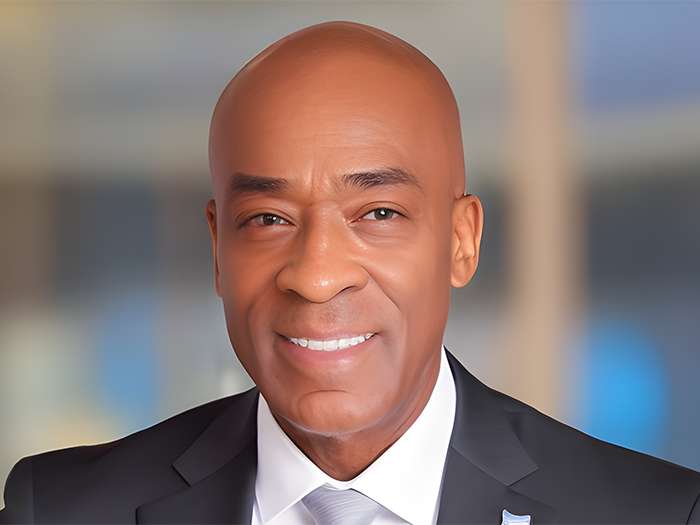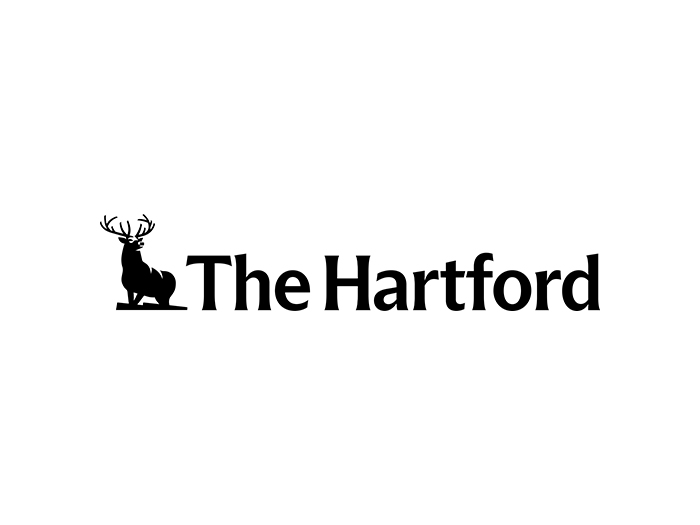Foreign Corruption
Corruption Crack-Down

Around the world, social pressure against public corruption is resulting in huge demonstrations, investigations and legislation. And that is rebounding on multinationals that face their own pressure to keep business above board while trying to expand in countries where bribery is often necessary to get permits and permission.
A survey of CFOs and board members by Ernst & Young found that 95 percent of the respondents were “very” or “fairly” concerned about the potential liability resulting from fraud and corruption in Latin America — the area that offers the most concern.
Not far below were the Middle East and Africa, at 87 percent, and Central and Eastern Europe, at 84 percent.
While laws are almost universally clear — don’t do it — the risks are increasingly complex, as anti-corruption laws and their enforcement evolve both in the United States and overseas.
In the United States, investigators appear to be scouring industries that traditionally have not attracted notice, according to attorneys and experts in the field.
Retailers have been in the spotlight, for instance, ever since news surfaced in April 2012 of a probe into Wal-Mart. The retail giant is alleged to have paid bribes in Mexico to speed growth there.
Enforcement is intensifying in other countries as well, pushed along by public protests as well as by an anti-bribery convention overseen by the Paris-based Organisation for Economic Co-operation and Development. Forty countries, including Argentina, Russia and South Africa, have signed the OECD convention since it was drafted in 1997.
Today, more than 300 investigations are underway in 24 countries, according to Patrick Moulette, head of the OECD’s anti-corruption division. “It has not doubled from last year or the year before, but it’s 10 or 20 more every year, so maybe this is a positive sign,” said Moulette, who hopes greater attention will spur countries to crack down harder.
Other nations, notably China, are dusting off their own anti-bribery laws, exposing U.S. companies to potentially costly legal action on new fronts.
“It’s very hard to find a country anywhere where bribery is legal,” said Brian Loughman, Americas leader for Fraud Investigation and Dispute Services with Ernst & Young. “The challenge is always, what’s the enforcement like.”
To top it off, foreign prosecutors today are more likely to share information with their U.S. counterparts. “The world is smaller for prosecutors, too,” Loughman said.
For decades, U.S. companies only had to worry about the Foreign Corrupt Practices Act of 1977, or FCPA, which bans bribery of public officials in other countries. American executives often complain they are disadvantaged by the statute, as it does not apply to businesses based outside the United States.
Enforcement eventually prompted stronger controls and tougher policies, but investigators remain aggressive, according to Michael Himmel, an attorney and chair of the litigation and white-collar criminal defense departments at the law firm of Lowenstein Sandler.
“More and more cases are being investigated, and prosecutors are tending to take harder lines,” said Himmel. Over the last five years, he said, investigators have asked companies to open up more of their operations to review. “That’s obviously going to be a greater expense,” he said.
Equal Opportunity Scrutiny
Investigators also seem to be eyeing new sectors, expanding beyond defense, energy and mining to include pharmaceuticals and retail.
It’s a costly occurrence for the probed companies. The ongoing probe into Wal-Mart so far has cost the company more than $150 million, according to company filings with the U.S. Securities and Exchange Commission.
The SEC and the Department of Justice, which enforce the FCPA, do not explicitly target industries, said Timothy P. Peterson, a partner in the Washington, D.C., office of Murphy & McGonigle. But as investigators dig into one company’s operations, they may follow a trail to others in the same sector.
“The real danger for retailers is that when there are very large investigations, the government is going to start to get familiar with how that business works,” Peterson said. “They may, as they get more familiar with the business, decide they want to find more companies that operate in a similar way.”
It’s not just government investigators. Corporate rivals are another source of FCPA-related allegations, said Brett W. Johnson, a partner in the Phoenix office of law firm Snell & Wilmer. Companies may arouse suspicion if they are moving goods or opening stores more quickly than competitors, especially in countries where corruption is considered rife.
“The default is, ‘He’s paying somebody off,’ ” Johnson said.
For retailers, corruption risks extend throughout the supply chain, and they are compounded by the pressure to stock shelves in time to meet buyers’ needs. Bathing suits don’t sell well in November, at least in the northern hemisphere.
“Keeping the supply chain flowing is critical to a retailer, especially one that has any kind of seasonality,” said Randy Stephens, vice president of the Ethical Leadership Group of NAVEX Global Inc., a compliance technology firm based in Portland, Ore.
Foreign customs officials often recognize the time pressure — and the power it can give them to demand bribes, Stephens said.
“If you give them the sense that you’re going to participate in that scheme, at any level, you only open yourself up to more trouble, because you look like somebody who’s going to play that game,” Stephens said.
In addition to training employees and establishing clear policies, retailers need to examine internal incentives, Stephens said. If executives overseas are rewarded solely for growing revenue, opening more stores or hitting other bottom-line goals, they may overstep ethical boundaries.
Compensation should be tied, in part, to actions that avoid fines, penalties or stains on a company’s global reputation, Stephens said.
“You’ve got to be willing to let people make decisions that could negatively impact your supply chain, yet comply with the law.”
Another risk arises from the use of third-party agents, a requirement for doing business in some nations. When those agents pay bribes to expedite deals, the U.S. business is on the hook for any FCPA violations.
As a result, companies seeking overseas growth must know their foreign business partners and regularly audit their operations, as well as know the country’s laws and norms.
“You’ve got to be willing to let people make decisions that could negatively impact your supply chain, yet comply with the law.” —Randy Stephens, vice president, Ethical Leadership Group of NAVEX Global Inc.
What’s legal in one country may not be legal in another. And companies can no longer focus on the FCPA alone, attorneys said.
A Tangled Web of Compliance
The United Kingdom adopted a tough anti-bribery statute in 2011. And Brazil enacted a stringent new law this year, following public protests that coalesced around government corruption. In addition to increased penalties, the law allows companies to be found guilty of bribing public officials. Previously, only individuals could be found guilty of that crime.
“Very few companies today can comply, or attempt to comply, with just one home jurisdiction,” said Michel Léonard, chief economist and senior vice president of Emerging Markets for Alliant. “It’s a bit like antitrust laws. These days, mergers need to be approved in the U.S. and Europe as well.”
Experts said U.S. companies should partner with local attorneys who can can train employees, navigate the nuances of a country’s laws, and react quickly to problems.
“You’re not going to have the same processes; you’re not going to have the same protections,” said Joe Martini, co-chair of the White-Collar Defense, Investigations and Corporate Compliance Practice Group at the law firm of Wiggin and Dana.
Given the potential costs of an investigation, specialized insurance coverage is the next step in corporate compliance, said Machua Millett, a senior vice president with Marsh USA Inc. The brokerage firm introduced a specialized product in 2011.
In the past, Millett said, companies sought coverage for FCPA-related expenses under D&O policies. But underwriters and carriers hesitated, due to the size of the potential exposure.
Cooperation with the government does not necessarily lessen the expense. Although Ralph Lauren Corp. voluntarily disclosed bribes made by a subsidiary in Argentina, it still faced a penalty of $882,000.
Companies should focus first on compliance, with insurance as a backstop, Millett said. “At the end of the day, you might be able to show that you acted well.”










